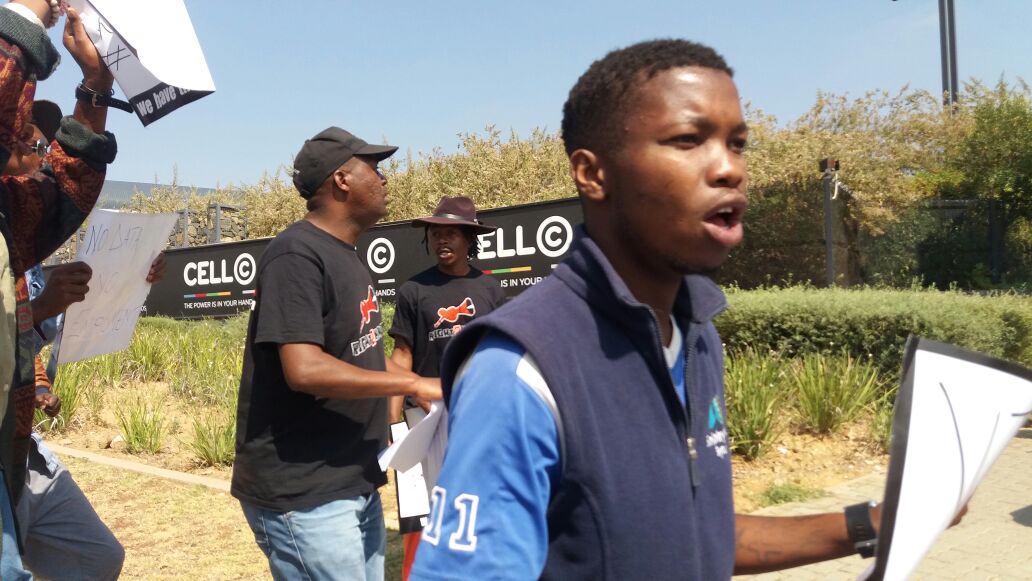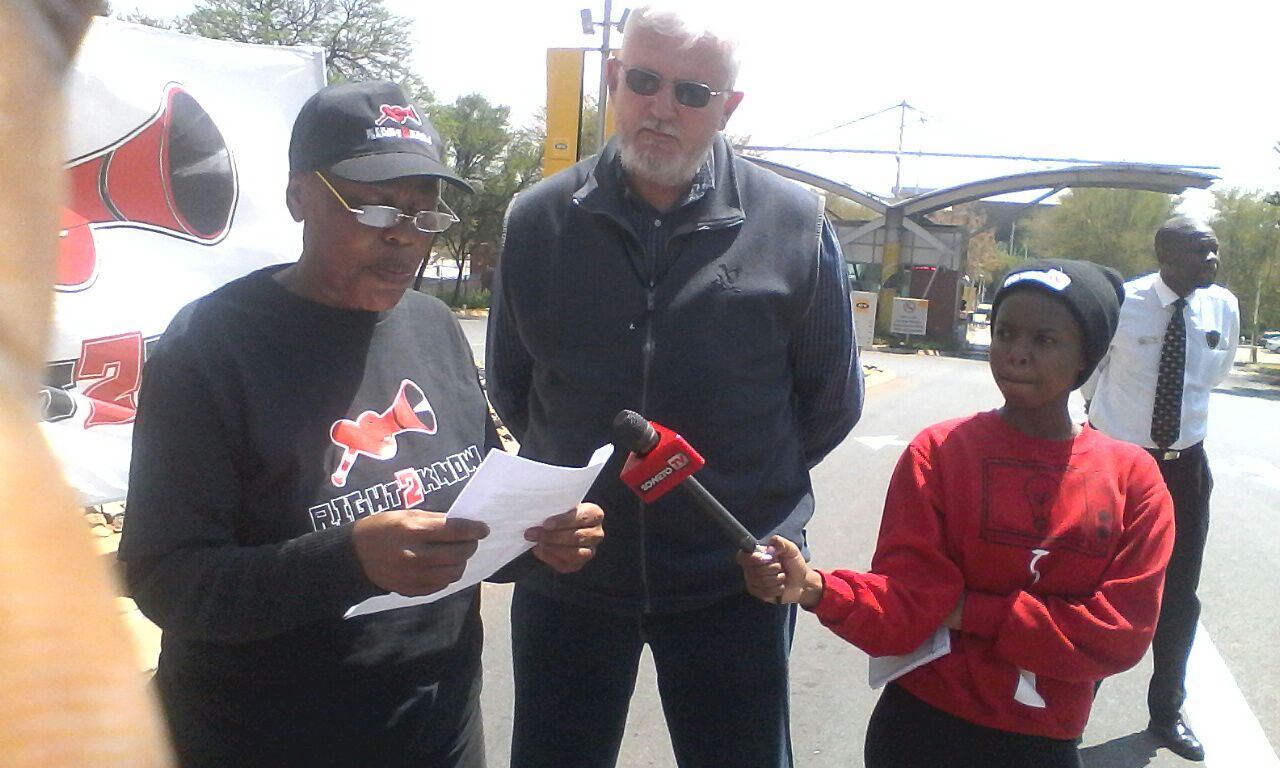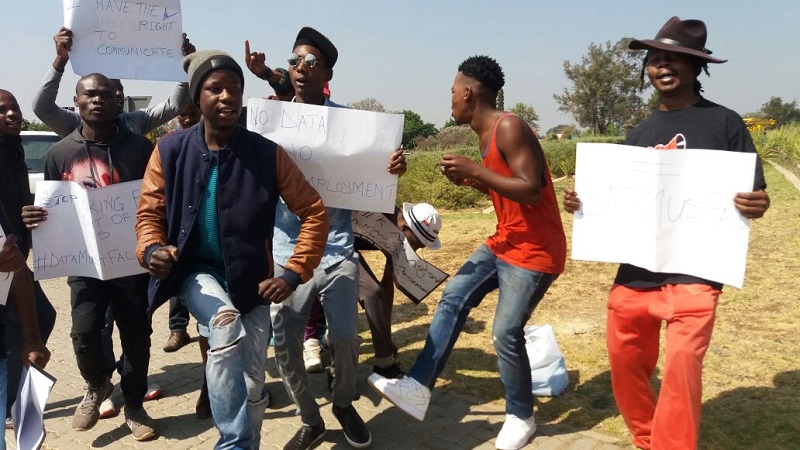Have you ever had to choose between buying bread or data for your mobile phone? Sounds a bit extreme, doesn’t it? But for many South Africans living in rural villages, it is a daily reality. This example paints a picture of just how serious the fight for lower data costs is.
This fight is one civil society movement, Right 2 Know Campaign (R2K) has been fighting for almost five years now, before any celebrity with a personal agenda came onto the scene with a fake hashtag campaign.
Last week, R2K took the fight to the doors of South Africa’s big four mobile networks: MTN, Cell C, Telkom Mobile and Vodacom, when it held simultaneous protests at their head offices, demanding that data and airtime prices fall.
“Last Tuesday’s pickets were follow-up actions after service providers failed to act on demands that have been continuously presented to them since R2K initiated the campaign against high cost of communications in 2013. To date none of the demands have been met,” R2K communications rights spokesperson, Biko Mutsaurwa tells htxt.africa.

“One of our demands is that data bundles should not expire if they are unused and currently the National Consumer Commission is investigating contract price hikes by these network companies including expiring of data. And we welcome this move. We have also called on ICASA to regulate the cost of airtime and data to stop profiteering,” Mutsaurwa says.
“We strongly believe that our right to communicate, to receive and impart information and opinions, is central to our right to know. Yet far too many South Africans are deprived of the basic right to communicate. South Africa has some of the highest data/airtime costs in the world. It is outrageous that in a country where so many struggle to put bread on the table, the telecoms companies are given free reign to rip us off.”
More pressure needs to be applied
In 2014, R2K partnered with Wits University’s LINK Centre to do a study on the cost to communicate for low and very low income households in Durban, Cape Town and Johannesburg.
Among the study’s key findings was that the “potential loss of economic opportunities experienced by the inability to communicate can have strong negative effects on households, including failure to access food and income opportunities with economic efficiency. Amounts of R6 and R10 are significant sums of money in these income categories, as they make the difference between being able to communicate and not being able to communicate”.
R2K believes that if consumers continue the to put pressure on government and mobile networks, the battle against profiteering can be won.
After last week’s protests, some mobile networks promised to engage R2K further on the issue. Cell C even invited it to round-table discussion. On the other hand, Vodacom blamed the government for delaying digital migration. ” But we have given them 14 days to respond to our demands,” Mutsaurwa says.

Mutsaurwa says R2K will continue with the campaign until action is taken to ensure that the cost of data and airtime is affordable to all South Africans.
Members of the public are invited to join in R2K’s data and airtime campaigns and can learn more about it on the R2K website.

